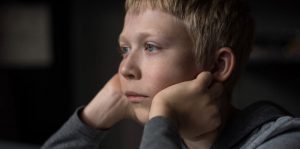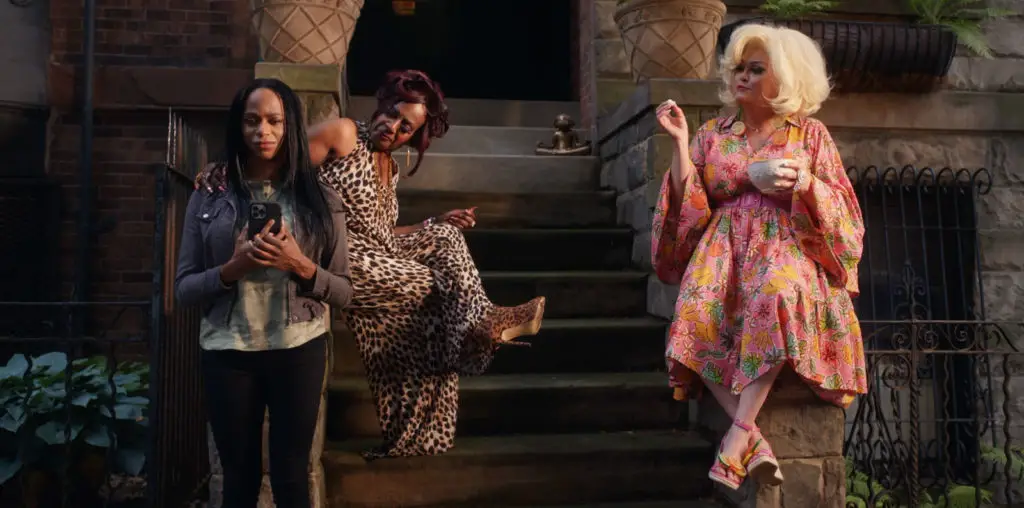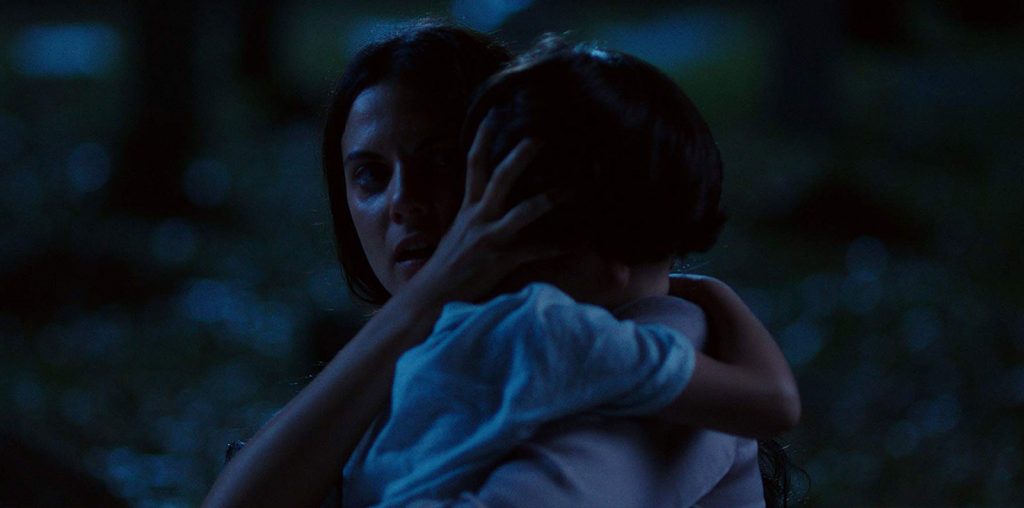
With only a few titles under his belt, Russian director Andrey Zvyagintsev (The Return, Leviathan) is quickly becoming one of cinema’s most promising heavy hitters. It seems as though everything he touches turns to gold, snagging prizes everywhere from the Venice Film Festival to the Golden Globes. When Zvyagintsev’s homeland pops up in headlines here in the States these days, it typically conjures images of election hacking and FBI investigations, but his latest film, the gut-wrenching Loveless, reminds us that Mother Russia is dealing with their own turmoil.
To say that Zhenya (Maryana Spivak) and Boris (Alexei Rozin) have a rocky marriage would be overly generous. Their relationship is in irreparable shambles, and their interactions are best described as nothing shy of loathsome. Nevertheless, together they are responsible for a 12-year-old son, Alyosha (Matvey Novikov), whose well-being they aren’t overly concerned with. Agreeing that they should have gone through with an abortion years earlier, their plan is to rid themselves of him by shipping him off to boarding school. But one day, he beats them to the punch and turns up missing. Now, Zhenya and Boris must learn how to set aside their animosity for one another in order to track down their lost child.

“…must learn how to set aside their animosity for one another…to track down their lost child.”
Loveless is absolutely brutal, showcasing squirm-inducing domestic toxicity as the cycle of familial anguish deteriorates the lives of anyone hapless enough to cross its path. Touching on similar thematic territory charted by Leviathan, this film reigns in its scope, focusing on the lives of a single family. Decay is passed from parent to child, with Alyosha left to absorb the full brunt of the resentment hurled between Boris and Zhenya. Zvyagintsev maintains an air of ambiguity around the child’s disappearance for nearly the entire narrative, but from the opening sequence, it is clear to the audience why Alyosha would feel the need to distance himself from such a destructive home life.
Between Mikhail Krichman’s glacial, lingering shots and Evgeny Galperin’s foreboding score, there isn’t a single facet of Loveless that remains unscathed by Zvyagintsev’s devastatingly grim tone, calling to mind a wide range of influences, from Bergman to Haneke. Similarly, the film earns its title as none of the characters are able to escape the crushing grasp of the script’s firm judgment, even those who deserve a shot a redemption. The protagonists, however, merit every misfortune that falls upon them, and part of the viewer’s intrigue is derived from waiting to see how far into the quicksand they will sink. As far as Zvyagintsev is concerned, they are always vehicles of curiosity, rather than sympathy, which is probably how they are best served.

“…the rare lost child movie where the audience is actively rooting for [the child] to remain missing.”
Of course, Loveless can’t be simply taken at face value, a mere marital drama steeped in dysfunction. Andrey Zvyagintsev is a Russian filmmaker, with seemingly equal emphasis placed on each word. It is clear that this pointed allegory aims to probe the turbulence bubbling just beneath the surface in the former Soviet Union. This is the tale of a people who feel ravaged by their nation, victims of circumstance who have become strangers in their native land. Much like Alyosha, they have been wrapped up in a rigged system, with destruction seemingly the only true outlet for their rage. At the film’s close, the characters are left to unpack the weight of Russia annexing Crimea.
Unrelenting up into its final moments, Loveless is the rare lost child movie where the audience is actively rooting for Alyosha to remain missing. At least then he might chance upon a rosier fate than the one that awaits him at home. Regardless of the inevitable outcome, Zvyagintsev’s humanist study in depravity cements his place as a key player in world cinema.

Loveless (2018) Directed by Andrey Zvyagintsev. Written By Oleg Negin, Andrey Zvyagintsev. Starring Maryana Spivak, Aleksey Rozin, Matvey Novikov, Marina Vasilyeva, and Andris Keišs.
8 out of 10


